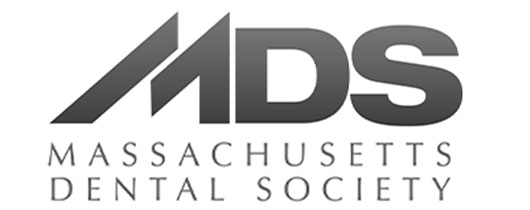What is an oral cancer screening, and why is it important?
Cancer is a word that sends shivers down our spine. We all want to stay as far away from it as possible. Yet, one of the most overlooked types of cancer is oral cancer. Oral cancer screening is a simple procedure that can help catch cancer early when it’s easier to treat. This blog will explore the importance of oral cancer screening and how it can save lives. We will also take a closer look at the risks and symptoms of oral cancer so that you know what to watch out for. Lastly, we will guide you through getting an oral cancer screening and what to expect during and after the procedure.
The Importance of Oral Cancer Screening
Early detection is crucial in saving lives. Regular screenings play a vital role in catching oral cancer at an early stage, allowing for prompt treatment. By prioritizing oral cancer screening, individuals take a proactive approach to maintaining their oral health. These screenings provide peace of mind and reassurance and are a standard part of dental care in the United States. Annual screenings can help detect abnormal tissue or red/white spots that may indicate an increased risk of oral cancer. By visiting medical professionals for regular screenings, Americans can ensure they receive the necessary medical care to identify any potential issues.
Why Regular Check-ups are Crucial for Early Detection
Regular check-ups play a crucial role in early detection of oral cancer. By attending routine screenings, you increase the chances of spotting any abnormalities that may indicate the presence of oral cancer. Dental professionals are trained to recognize the signs and symptoms of this disease, allowing them to make timely referrals to specialists if needed. These regular screenings also help monitor any changes over time, ensuring that any potential issues are identified early on. Early detection through regular check-ups significantly improves treatment outcomes and increases the chances of a successful recovery.
Understanding Oral Cancer: Risks and Symptoms
Tobacco use and heavy alcohol consumption are significant risk factors for oral cancer. The human papillomavirus (HPV) also contributes to the occurrence of this type of cancer. Early signs may include red or white patches in the mouth, while a dentist should examine persistent sores that don’t heal. Further evaluation may be necessary if there are unexplained lumps or bumps in the oral cavity. Regular screenings and awareness of these symptoms are crucial for detecting oral cancer at early stages.
Recognizing the Signs: Symptoms of Oral Cancer
Persistent mouth pain or discomfort, difficulty swallowing, and persistent hoarseness are potential symptoms of oral cancer. Unexplained weight loss and fatigue may indicate advanced stages of the disease. Any changes in the appearance of the tongue, gums, or throat should be evaluated by medical professionals. Erythroplakia (red patches) or leukoplakia (white patches) in the mouth can be precancerous. If you notice any of these symptoms, seeking medical care for a proper oral cancer screening is essential.
Preparing for Your Screening: What to Expect
Preparing for your oral cancer screening is simple. No special preparation is required, so you can relax knowing there are no specific steps to take beforehand. However, you must inform your dentist about any medications or medical conditions you may have.
During the screening, your dentist will ask questions about your oral health and lifestyle habits. They may also inquire about any family history of oral cancer. Remember to wear comfortable clothing and arrive on time for your appointment. By following these steps, you can ensure a smooth and efficient screening process.
Post-Screening Process and Follow-ups
After your oral cancer screening, your dentist will discuss the results with you. Further testing or referrals to specialists may be recommended if any suspicious areas are found during the screening. Regular follow-up visits are crucial for ongoing monitoring of your oral health. In some cases, a biopsy may be performed to confirm the presence of abnormal tissue. Early diagnosis is critical and can lead to more effective treatment options.
Understanding Your Screening Results
After your oral cancer screening, understanding the results is crucial. Normal results mean no signs of cancer or precancerous lesions in your mouth. However, abnormal results may require further testing or a referral to a specialist. Following any recommended treatment plans or additional screenings is essential based on your individual results. Your dentist will guide you through the following steps to maintain your oral health and detect potential issues early. Regular screenings are essential.
Conclusion
Regular oral cancer screenings are essential for early detection and increased chances of successful treatment. You can take proactive steps to protect your oral health by identifying potential risks and recognizing the symptoms. During an oral cancer screening, your dentist will thoroughly examine your mouth, throat, and neck for any abnormalities or signs of cancer. Following any post-screening instructions and scheduling necessary follow-ups is essential to stay on top of your oral health. Early detection is critical, so don’t hesitate to schedule your next oral cancer screening and take control of your oral health today.




